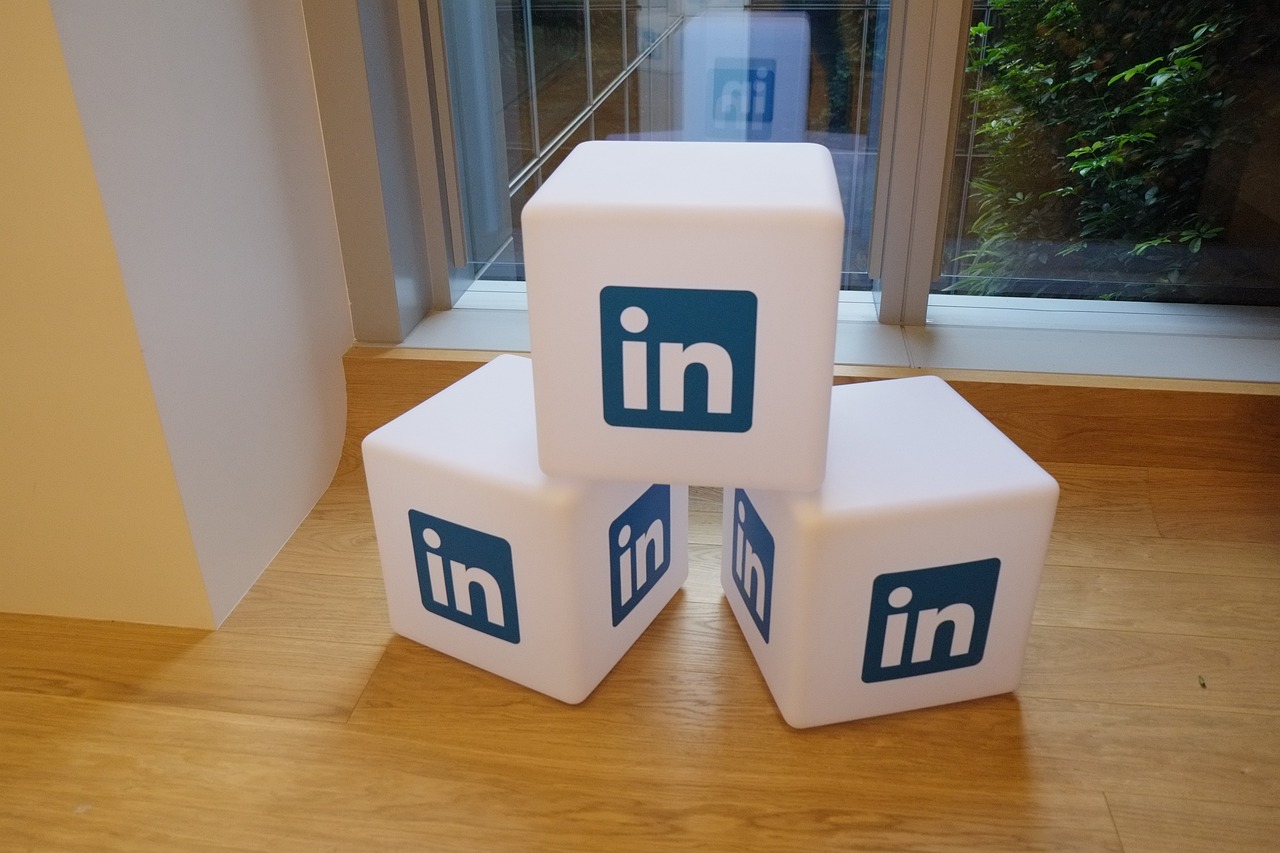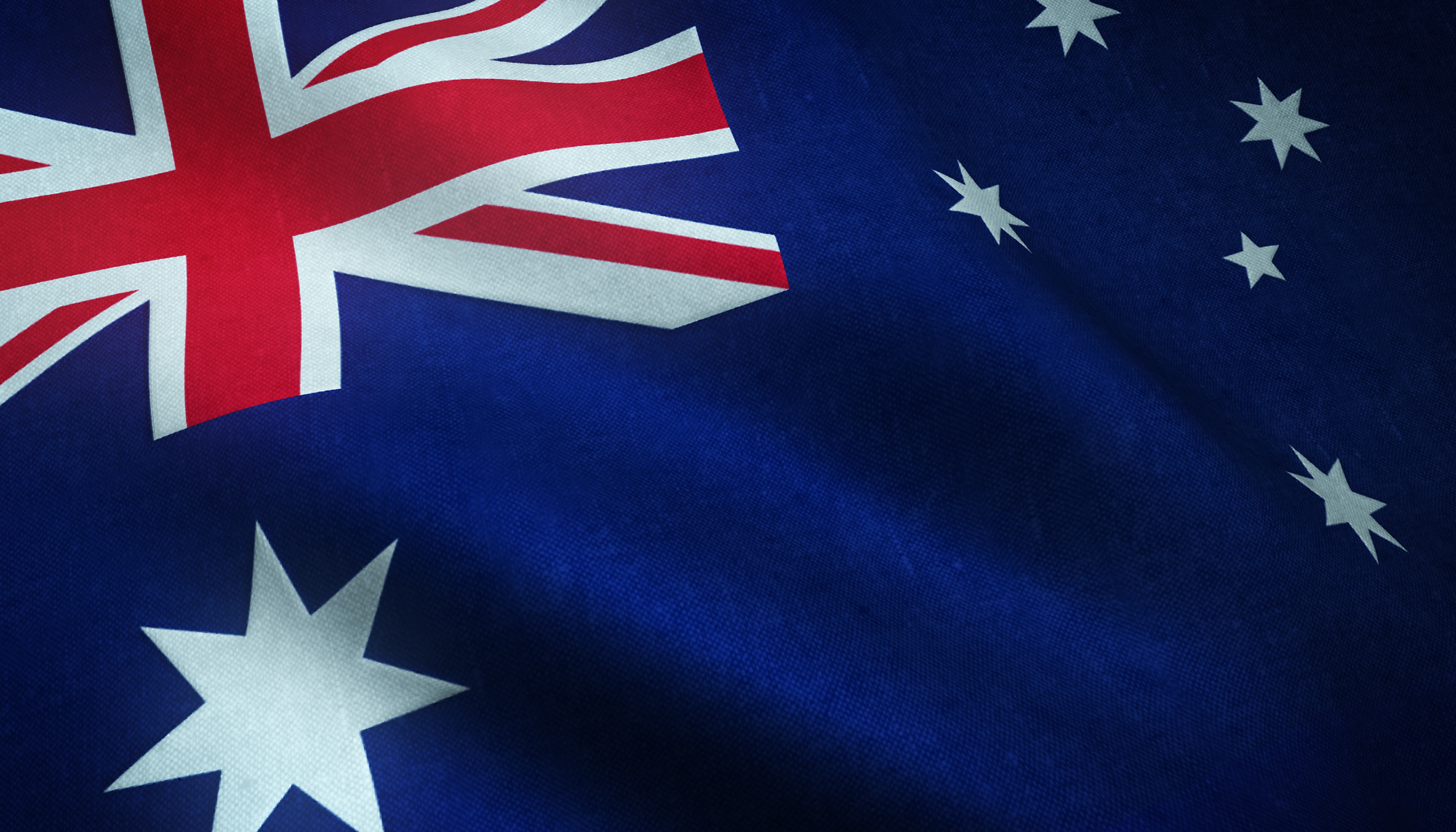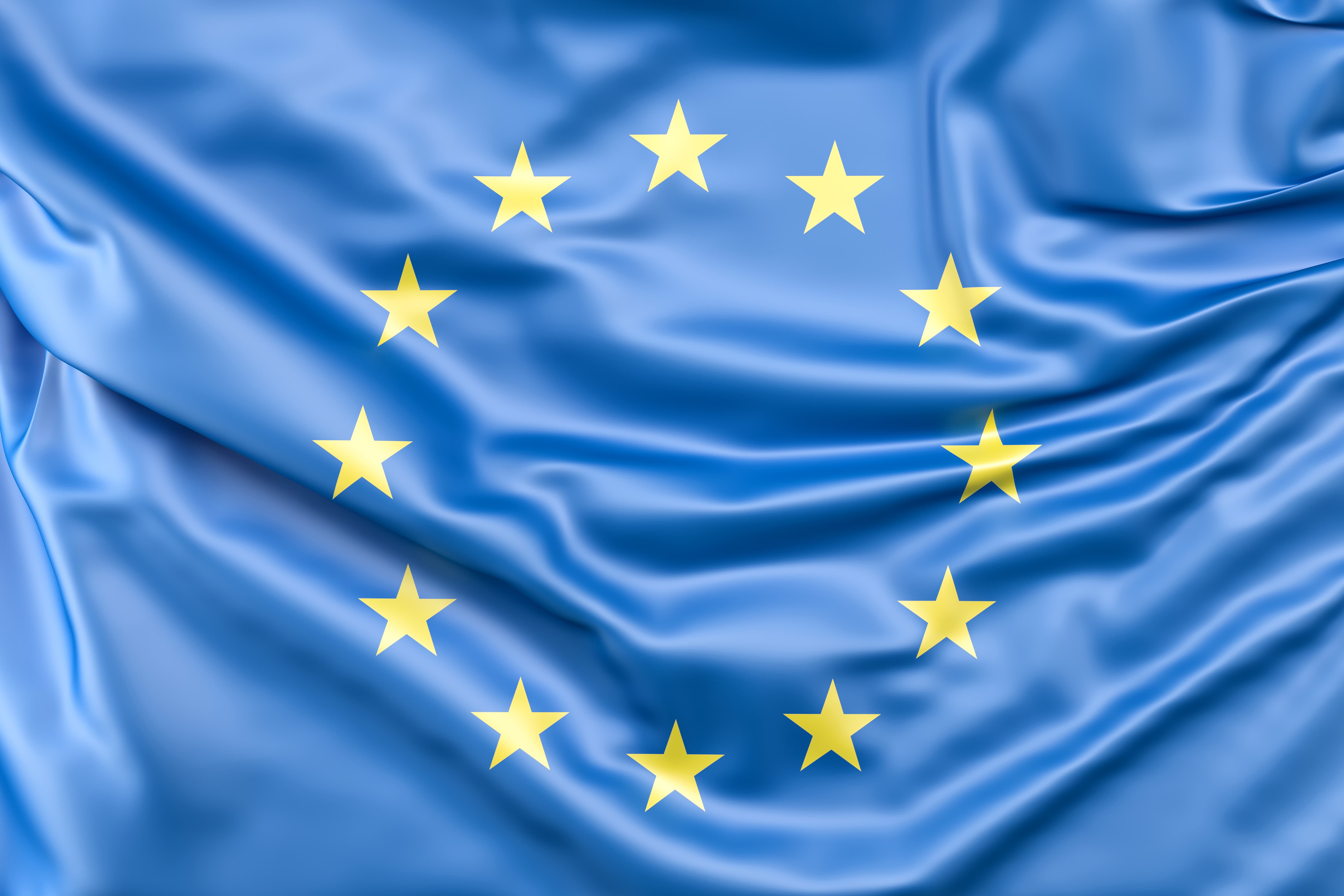Using its largest-ever ICT Week, Uzbekistan is showcasing ambitions to become a regional centre for AI and digital transformation.
More than 20,000 participants, 300 companies, and delegations from over 50 countries gathered in Tashkent, signalling Central Asia’s growing role in the global technology landscape.
The country invests in AI projects across various sectors, including education, healthcare, banking, and industry, with more than 100 initiatives underway.
Officials emphasise that digitalisation must serve people directly, by improving services and creating jobs for Uzbekistan’s young and expanding population.
The demographic advantage is shaping a vision of AI that prioritises dignity, opportunity, and inclusive growth.
International recognition has followed. The UN’s International Telecommunication Union described Uzbekistan as ‘leading the way’ in the region, praising high connectivity, supportive policies, and progress in youth participation and gender equality.
Infrastructure is also advancing, with global investors like DataVolt building one of Central Asia’s most advanced data centres in Tashkent.
Uzbekistan’s private sector is also drawing attention. Fintech and e-commerce unicorn Uzum recently secured significant investment from Tencent and VR Capital, reaching a valuation above €1.3 billion.
Public policy and private investment are positioning the country as a credible AI hub connecting Europe, Asia, and the Middle East.
Would you like to learn more about AI, tech and digital diplomacy? If so, ask our Diplo chatbot!










